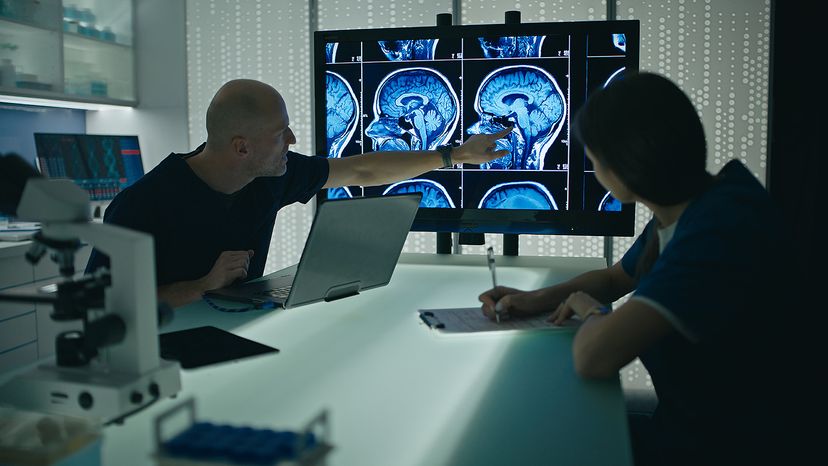
Choosing the right physician starts with understanding the many types of doctors available. From primary care doctors to highly focused medical specialties, these professionals diagnose and treat a wide range of medical conditions.
All medical doctors complete medical school, then pursue additional training in specific fields to better treat patients and develop treatment plans. Here's a guide to some of the most common and critical types.
Advertisement

